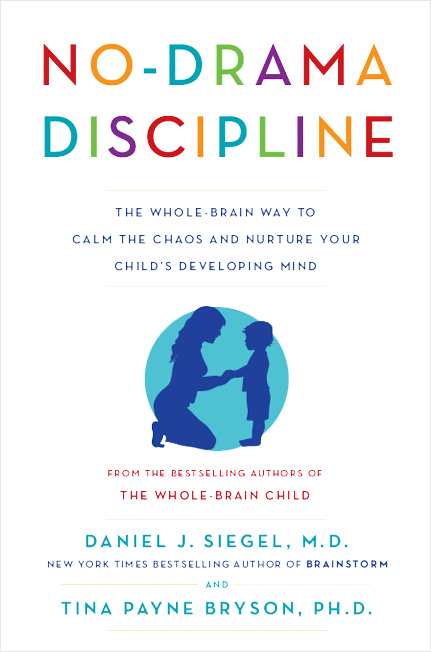Reviewed by Salisha Maharaj (WAIMH Perspectives Intern Editor)
Audiobook: No-Drama Discipline. The whole brain way to calm the chaos and nurture your child’s developing mind
by Daniel J. Siegel and Tina Payne Bryson
This audiobook, read by the authors Daniel Siegel and Tine Payne Bryson, takes listeners on an intricate journey of discovery of the developing brain and provides clear and practical advice on dealing with all the tensions, tantrums and tears that are often linked to discipline. The authors write with compassion for parents and sensitivity for children who have all struggled in the stormy waters of discipline. At its heart, the book is located within an attachment framework, positioning connection as the key piece to approaching any opportunity for discipline.
This book stands out from other books on discipline as it gives the reader a perspective from which to think about discipline, both from a neurobiological and psychological perspective. It emphasises that the moments between parents and their children that require discipline, are actually some of the most important moments of parenting. These moments provide valuable opportunities to make connections in your child’s brain and these connections have a lifelong impact. The goal of discipline is reframed for parents as an opportunity to teach as opposed to punish. Defining the true meaning of the “d” word (to instruct), the authors explain how to reach your child, redirect emotions, and turn a meltdown into an opportunity for growth.
The main premise of “no-drama discipline” is to connect and redirect. The authors emphasise that connection needs to happen before any discipline measure in order to move a child from reactivity to receptivity, and in the long-term, to build a child’s developing brain and internal moral compass.
The book includes a step-by-step guide for connection, clear, and simple strategies. For example, like asking why my child is acting this way, what might be behind the behaviour, giving a loving touch and getting to eye level and embracing the child’s feelings. The next step the authors outline is to redirect, and this happens largely by asking yourself what you would like your child to gain from the moment. More details about the strategy and easily printable connect and redirect refrigerator sheet can be found here.
In summary, this book can be recommended to a parent of a child of any age who requires a deeper understanding of their impact on their child’s overall development, and how discipline in fact can be positioned as a key to building and strengthening the relationship. It is of particular use to infant mental health practitioners who are in the process of assisting parents to make the transition from being parents of infants to those of toddlers asserting themselves (so rightfully) in the world.
Authors
Salisha Maharaj, WAIMH Perspectives in Infant Mental Health Intern Editor








